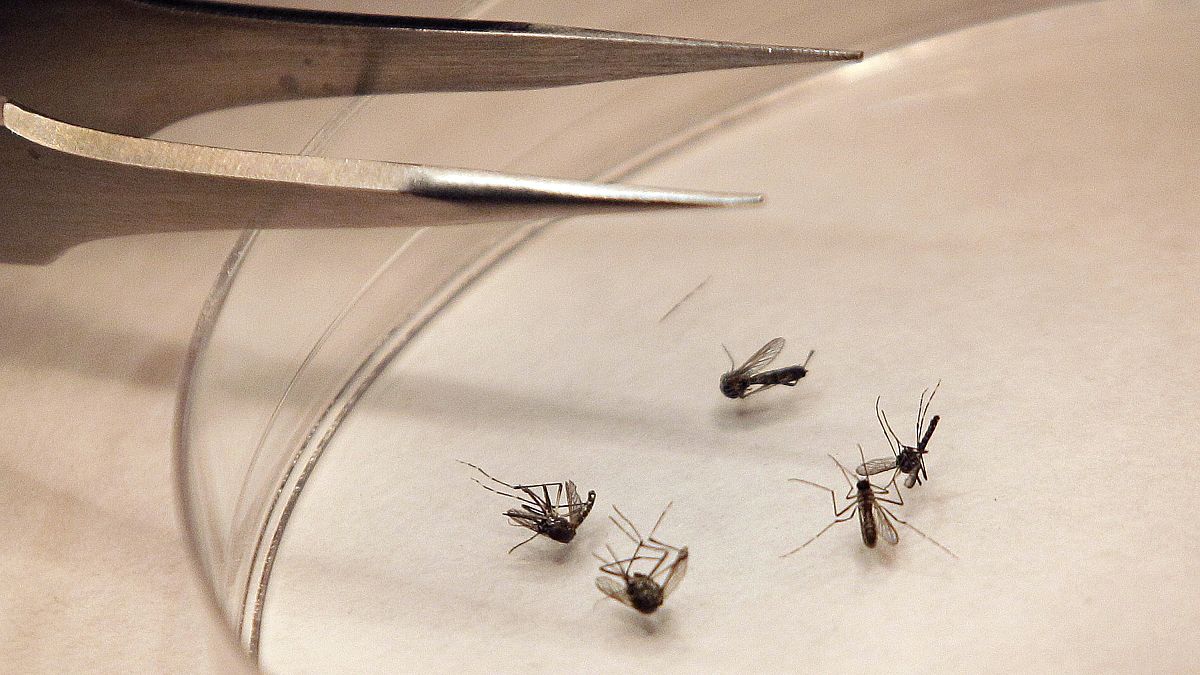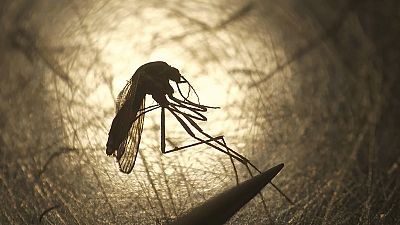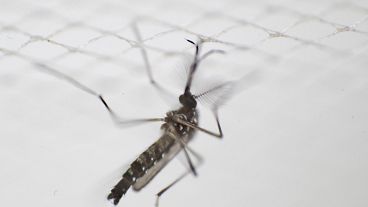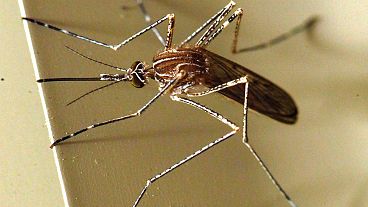While it is only the third most reported disease transmitted from animals to humans, infections by mosquitos carrying the West Nile virus are growing in the EU, according to the EU Food Safety Authority (EFSA).
Cases of mosquito-borne West Nile virus saw a more than sevenfold increase in 2022 on the previous year mainly due to an epidemic outbreak involving Italy and Greece, according to the latest EFSA report on zoonotic diseases.
The transmission season documented in 2022 by the report published on 12 December was the second-highest ever recorded in Europe with 1,133 infections - up from 152 the previous year - while the highest number so far with 1,612 cases came in 2018. The fatality rate of the West Nile infection remains high with 92 deaths in 2022 with a hospitalisation rate at 86.9% of confirmed cases.
There is currently no vaccine available for humans, and about 80% of people infected show few or no symptoms.
Birds are the natural hosts of the virus as mosquitoes become infected when they feed on infected birds. However, humans and horses are the “dead-end” hosts meaning that having contracted the virus they do not spread the infection further.
The numbers of birds and horses testing positive for the virus were around double the previous year’s figures.
Originally from Africa, the virus has travelled far from areas where it has been traditionally prevalent, and it is now found in every continent except Antarctica. According to EFSA, it has reached previously unaffected areas in Europe such as the southwest of France, Northern Germany, and Southern Italy.
"Climate change is increasing the surge of vector-borne diseases,” explained Frank Verdonk, Head of EFSA’s Biological Hazards & Animal Health and Welfare unit, adding that a One Health approach integrating human and animal risk assessments is the way forward.
The term One Health was originally coined to deal with silent infections in animals that could be transmitted to humans with deadly consequences.
The concept is now used in a growing range of other disciplines to mean different holistic remedies to cope with public health risks that consider the environment-climate-health nexus.
The European Commission pioneered this approach by launching the One Health Action Plan already in June 2017 calling for effective action against the threat of resistance to antibiotics.
The virus derives its name from the West Nile district in Uganda, rather than the river in Egypt and Sudan.



